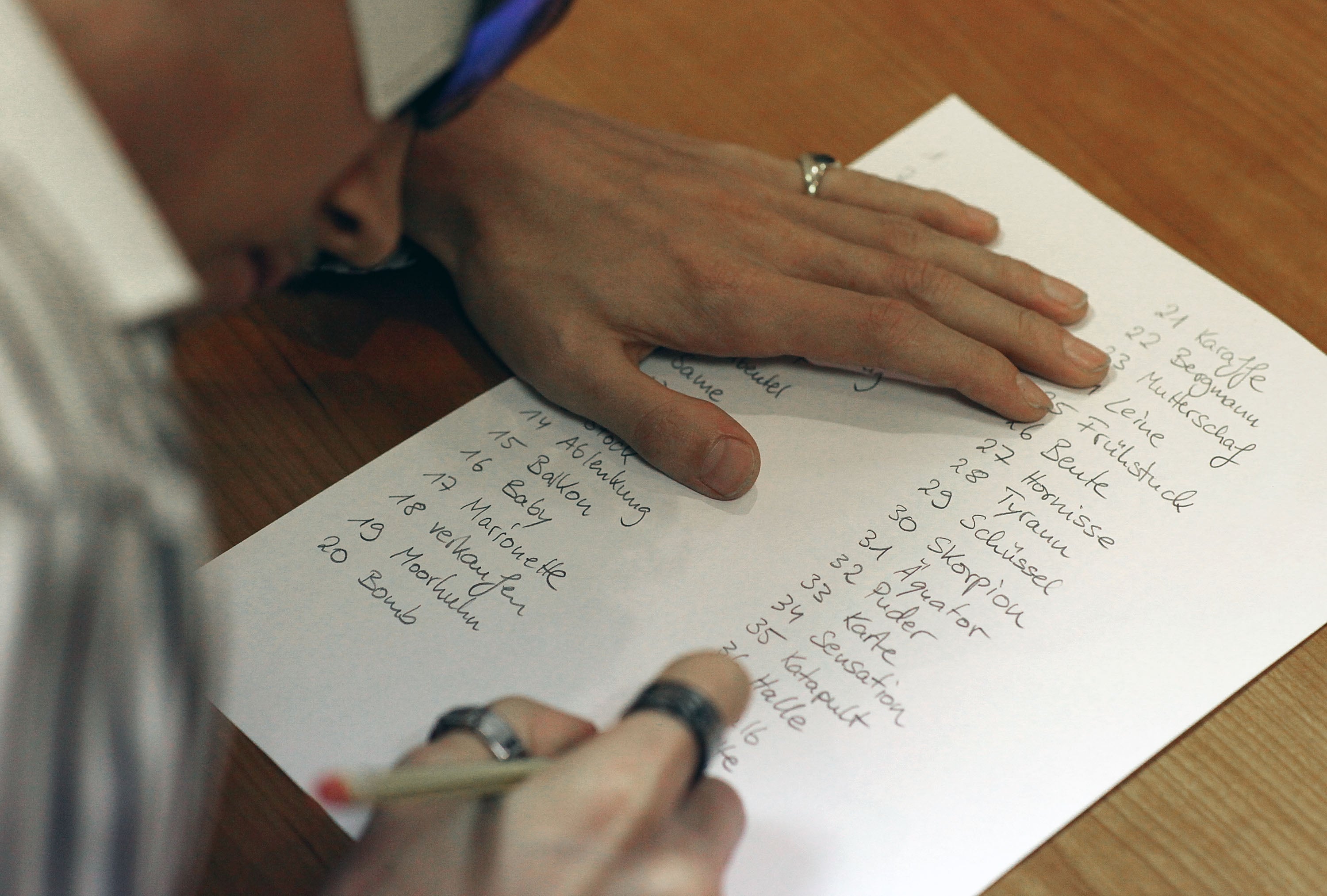Are women better at remembering words than men? Scientists have the answer
Researchers analysed studies on verbal fluency and verbal memory, reports Aisha Rimi


Women are better at finding and remembering words than men, a new study finds.
Researchers from the University of Bergen analysed the combined data of 168 studies on verbal fluency – the ability to generate as many words as possible under certain criteria and time restrictions. They also looked at verbal episodic memory – the ability to recall words you have come across in the past.
“Women are better. The female advantage is consistent across time and life span, but it is also relatively small”, says Marco Hirnstein, professor at The University of Bergen, Norway.
“So far, the focus has mostly been on abilities, in which men excel. However, in recent years the focus has shifted more towards women.

“Most intellectual skills show no or negligible differences in average performance between men and women. However, women excel in some tasks, while men excel in others on average”.
The study, published in Perspectives on Psychological Science, is the most recent analysis of gender differences in verbal fluency, with the last study conducted in 1988.
Professor Hirnstein and his colleagues conducted a “meta-analysis” of the combined data of all PhD theses, master theses, and studies published in scientific journals they could find, which included more than 500 measures from more than 350,000 participants.
The team found that women are indeed better at remembering words, with the advantage being small but consistent across the last 50 years and across an individual’s lifespan.
Professor Hirnstein and his colleagues found a small but consistent advantage for women in verbal fluency and memory.
But in terms of verbal fluency, women outperform men in “phonemic fluency” – identifying words that begin with a specific letter – but not in semantic fluency – the ability to generate words in different categories.
They also found that the female advantage depends on the gender of the leading scientist – female scientists report a larger female advantage, and male scientists report a smaller female advantage.
The researchers believe that the results can help clarify whether the female advantage is real, and also if gender difference is important for interpreting the results of diagnostic assessments, for example, to determine whether somebody has dementia.
The authors wrote: “We propose that the female advantage emerges from an intricate interaction of biological, psychological, and sociocultural factors.”






Join our commenting forum
Join thought-provoking conversations, follow other Independent readers and see their replies
Comments